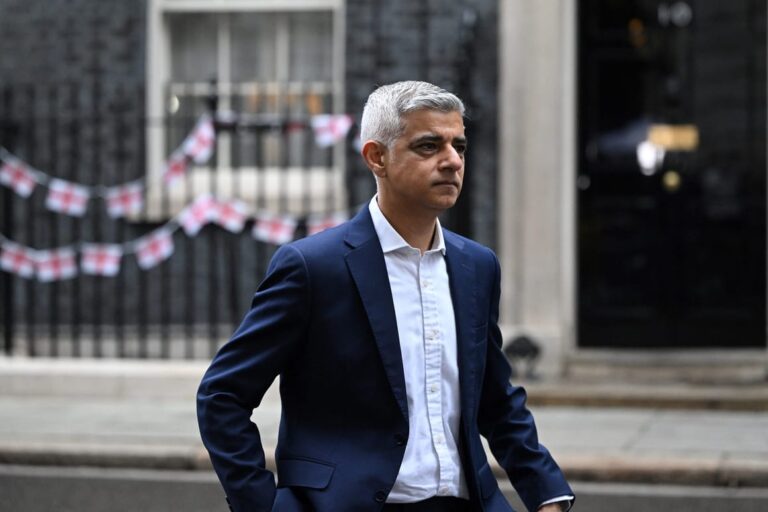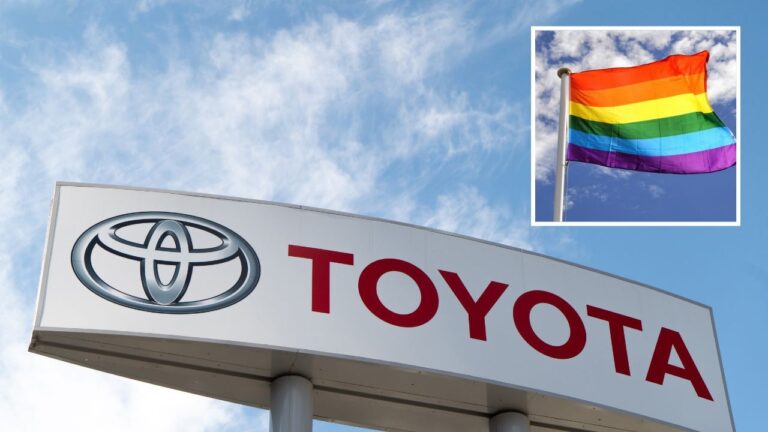Trump Chooses Matt Gaetz for Attorney General Amid Controversy
Trump Appoints Matt Gaetz as Attorney General Amidst Controversy
In the dynamic world of American politics, decisions made by influential figures can send ripples through the landscape, creating both waves of support and backlash. One of the latest announcements that has caught the public’s eye is former President Donald Trump’s appointment of Representative Matt Gaetz as Attorney General. This move has sparked a myriad of discussions and controversies, and in this article, we’ll delve deep into what this means for the future of the legal system in the U.S., the implications of Gaetz’s past actions, and the broader political ramifications.
Who is Matt Gaetz?
Before we jump into the controversies surrounding his appointment, let’s take a moment to understand who Matt Gaetz is. Emerging from the Florida political scene, Gaetz is a Republican congressman known for his bold statements and, at times, contentious positions. A staunch ally of Trump, he rallied for the former president during both his campaigns and subsequent legal challenges. Gaetz hasn’t just played the role of a supportive congressman; he has often been at the forefront, unafraid to challenge the status quo or provoke reactions from both sides of the aisle.
The Controversial Background
Now, why does his appointment raise eyebrows? Well, Gaetz has made headlines for several reasons:
- Outspoken Critic of Institutions: He has been a vocal opponent of several established institutions in America, claiming they harbor biases against conservatives.
- Legal Troubles: There have been lingering allegations related to his behavior that cast doubt on his fitness for the role of Attorney General, including investigations into his personal life.
- Controversial Statements: Gaetz has drawn serious criticism for his comments about various groups, including calling the Anti-Defamation League (ADL) “racist” and inviting known Holocaust deniers to significant events. Such actions prompt concerns about his capability to serve as a figure of justice and equality.
With these points in mind, you begin to see why many pundits are questioning the wisdom of this appointment.
The Political Landscape and Timing
Timing in politics is everything. By appointing Gaetz at this juncture, Trump seems to be reinforcing his base, which appreciates Gaetz’s unapologetic stance against traditional political norms. This can be seen as a strategic move to align with far-right supporters who believe in a more aggressive approach to governance.
But let’s not forget about the broader implications:
- Divisiveness in Politics: Gaetz’s rise to the position could intensify the already heated division between Democrat and Republican ideologies. Many see this appointment as a further entrenchment of “us vs. them” mentalities in American politics.
- Impact on Policies: As Attorney General, Gaetz has the potential to shape law enforcement practices, civil rights protections, and how justice is served across the country. How will he approach issues like immigration, gun control, and criminal justice reform? These questions linger in the air.
- Public Trust in Justice: The attorney general is supposed to be the guardian of the law, but Gaetz’s history raises questions. Can he be trusted to uphold justice impartially, or will his decisions be influenced by his personal beliefs and affiliations?
Reactions from Various Sectors
The appointment hasn’t gone unnoticed. Reactions have come flooding in from different sectors of society:
- Political Allies: Many conservative figures have voiced their support for Gaetz, lauding his commitment to the Trump agenda and his boldness in taking on liberal policies.
- Opposition Voices: On the flip side, prominent Democrats and some independent commentators have expressed alarm. They argue Gaetz’s appointment could further erode public confidence in governmental institutions.
- Civic Organizations: Advocacy groups and civil rights organizations are particularly vocal in their opposition, fearing that Gaetz’s controversial positions might lead to policies that disproportionately affect marginalized communities.
The Legal and Ethical Implications
Let’s take a deeper dive into what Gaetz’s past actions mean for his tenure as Attorney General. The responsibilities of this role are immense, and ethical considerations play a significant part. Here are a few things to ponder:
Impartiality and Justice
The attorney general isn’t just a figurehead; they’re responsible for enforcing laws and ensuring justice is served fairly. Gaetz’s past controversial statements and affiliations raise critical questions:
- Will he prioritize ideological loyalties over legal fairness?
- How will he respond to cases that might involve his allies or the Trump administration?
In a democratic society, the integrity of the legal system is paramount. If the person in charge of justice is viewed as biased, it can significantly undermine trust in the legal system.
Upholding Civil Rights
Any hint of discrimination or favoritism from the Attorney General can have far-reaching consequences. Gaetz’s history of comments concerning race and equality prompts a crucial question:
- How committed will he be to protecting civil rights?
With mounting concerns over racial profiling and police misconduct, the person in charge must advocate for justice that serves all citizens, irrespective of their background.
Moving Forward: What Lies Ahead?
As the announcement settles, what can we expect in terms of Gaetz’s actions and the public’s response? The landscape is ever-evolving, and predictions can be precarious, but a few potential outcomes are worth discussing.
Activism and Advocacy
With Gaetz at the helm, we may see an uptick in activism against perceived injustices. Civil rights groups and advocacy organizations are likely to step up their efforts, closely monitoring his actions and policies.
Challenges from within the GOP
Interestingly, Gaetz’s appointment could also present challenges within the Republican Party itself. Some establishment Republicans might be hesitant to fully support him due to his controversial past. This could lead to internal conflicts or even fractures, particularly if his policies diverge from traditional conservative values.
Potential Legal Battles
Given Gaetz’s legal troubles and past controversies, one can anticipate there might be legal challenges or watchdog groups ready to call out any unethical behavior. This watchful eye could lead to a climate of increased scrutiny surrounding the Attorney General’s office.
Conclusion
Donald Trump’s selection of Matt Gaetz as Attorney General creates a compelling mixture of excitement and anxiety across the political spectrum. His fiery rhetoric and alliance with Trump might invigorate some segments of the Republican base but simultaneously raise difficult questions regarding governance, impartiality, and civil rights. As this political drama unfolds, all eyes will be on Gaetz—can he rise above the controversies and lead a fair and impartial Department of Justice, or will his past define his tenure?
FAQs
1. Why did Trump choose Matt Gaetz as Attorney General?
Trump likely chose Gaetz to solidify support among his base due to their longstanding alliance and Gaetz’s alignment with Trump’s policies.
2. What controversies surround Matt Gaetz?
Gaetz has faced legal troubles and has made controversial statements about various groups, raising questions about his suitability for the Attorney General position.
3. How might Gaetz’s appointment affect civil rights?
There are concerns that Gaetz’s controversial views may lead to policies that do not adequately protect civil rights or serve marginalized communities fairly.
4. What will the public’s reaction likely be?
Reactions are polarized; while some conservative supporters are excited, many activists, Democrats, and civil rights advocates express alarm and skepticism about his ability to serve impartially.
5. Could there be challenges to Gaetz’s leadership within the GOP?
Yes, some more traditional Republicans may resist Gaetz’s controversial style, potentially creating unrest or divisions within the party.






